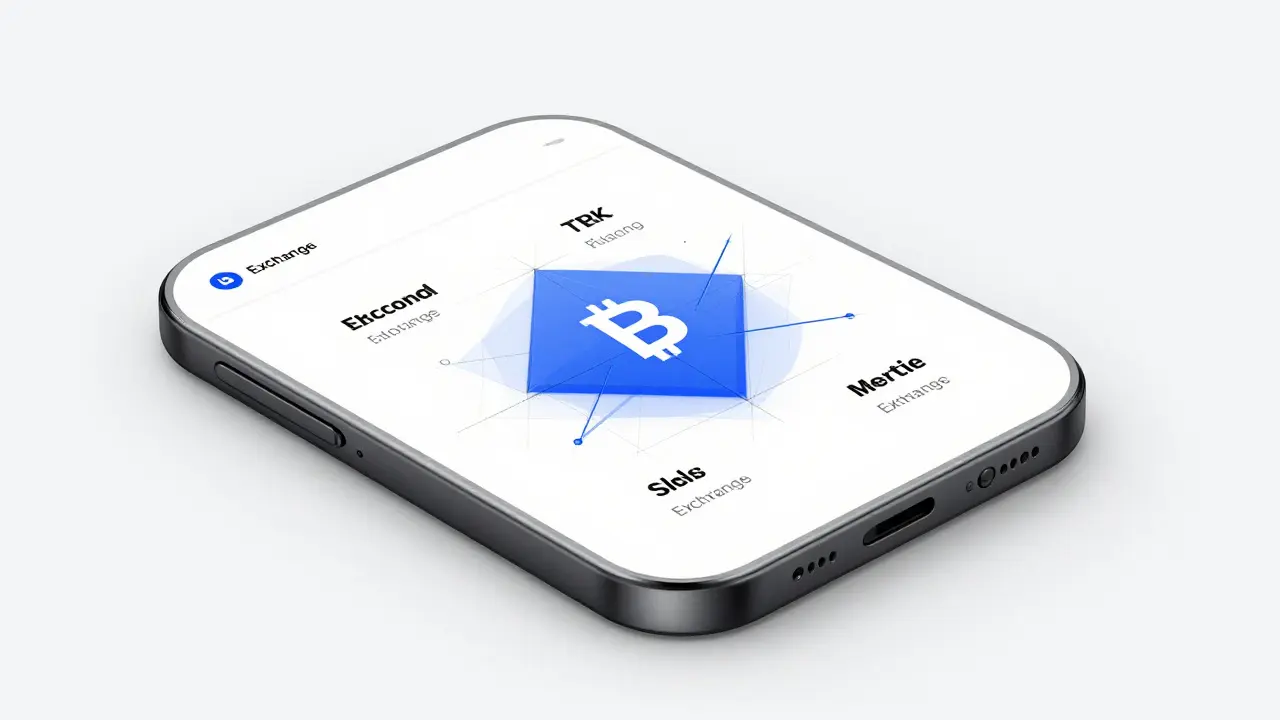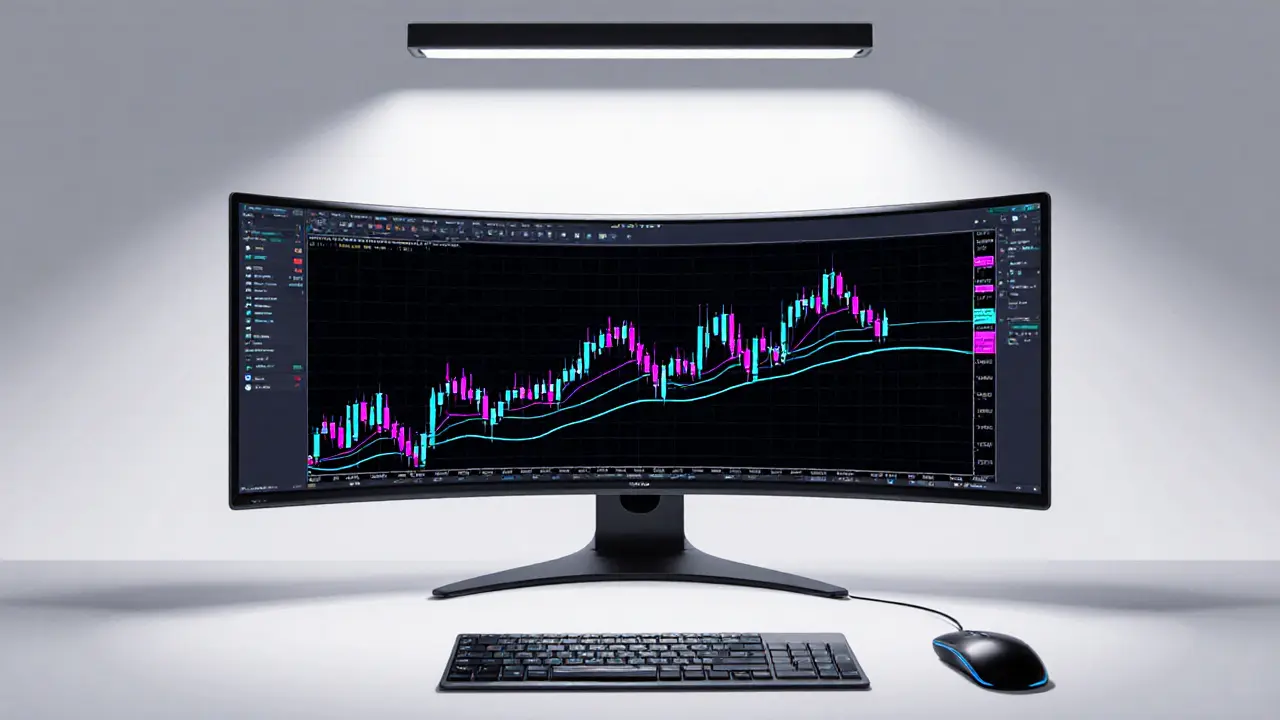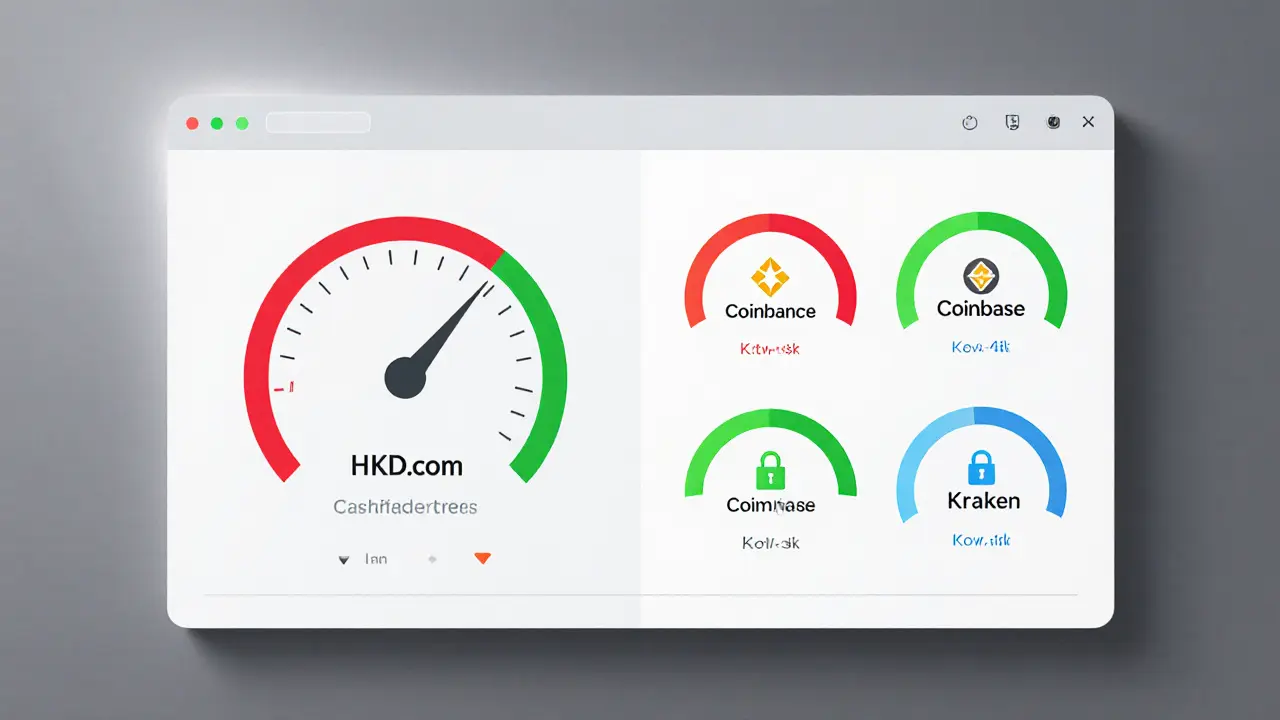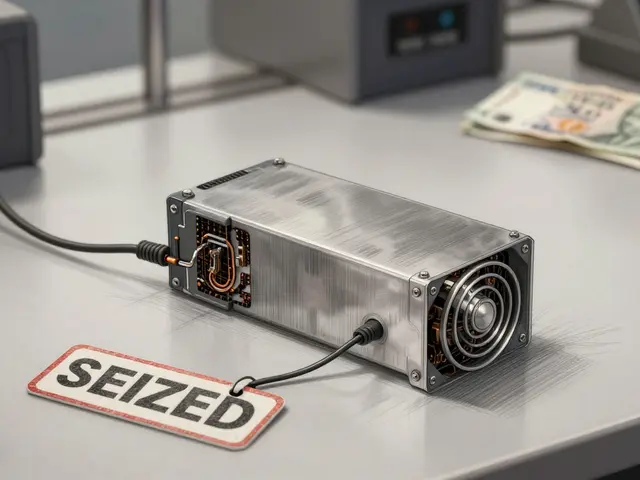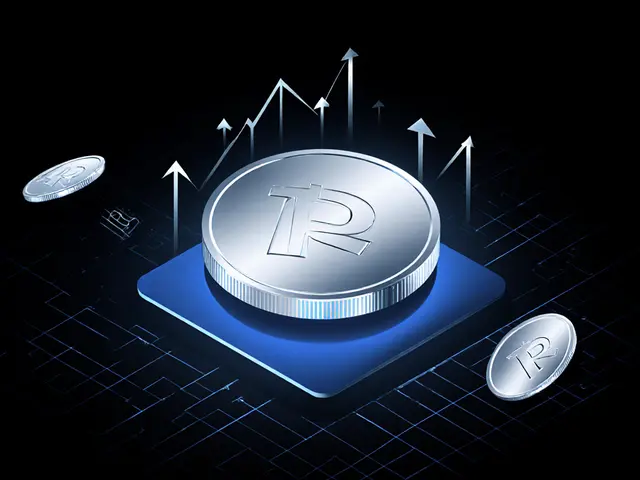Cryptocurrency Exchange
When working with cryptocurrency exchange, online platforms where users buy, sell, and trade digital assets. Also known as crypto exchange, it exchange security, measures and protocols that protect user funds and data. Also called crypto exchange security, it determines whether your assets stay safe. Another key piece is exchange fees, charges applied for deposits, withdrawals, and trades. Sometimes referred to as trading fees, they directly affect how much profit you keep after each move.
Exchange licensing, regulatory approvals that let a platform operate legally. Also known as crypto exchange license, it influences a platform’s compliance and user trust. Without proper licensing, an exchange might skirt regulations, leaving users exposed. On the flip side, exchange scams, fraudulent platforms that trick users into losing money. Often called fake crypto exchange, these scams thrive on weak security and opaque fee structures. Understanding how licensing and scam detection intersect helps you spot red flags before you deposit a single coin.
Below you’ll find a curated set of deep‑dive articles that cover the whole ecosystem. We’ve got a 2025 review of Korbit that breaks down fees, security features, and user experience. BitFriends Exchange gets a safety checklist to separate legit platforms from scams. IncrementSwap is measured against major rivals on fee schedules and licensing status. Each piece explains how cryptocurrency exchange security, fees, and regulation shape real‑world trading outcomes, so you can choose a platform that fits your risk tolerance and budget. Ready to see the details? Scroll down and explore the full collection.
Trustdex Crypto Exchange: Defunct Since 2019 - Review and Alternatives
Trustdex ceased operations in 2019. This review explains why, its fee structure, and current status. Always choose regulated exchanges like Binance or Coinbase for safety.
View MoreCoinUp.io Review: Crypto Exchange Features, Fees, Security & Comparison (2025)
A detailed 2025 review of CoinUp.io covering its features, fees, security, user experience, and how it compares to major crypto exchanges.
View MoreHKD.com Crypto Exchange Review 2025: Fees, Security, and Withdrawal Issues
An in‑depth 2025 review of HKD.com covering fees, security, regulation, user experience, and how it stacks up against top crypto exchanges.
View More